I’m a native here in Barna, Co Galway, where I co-run a veterinary practice. Barna was always an in-between place. We were too city for the far back west Connemara people and we were too country for the townies.
My family was involved in medicine. My mother was a doctor, my grandmother was a midwife and my aunts were all nurses. So my big interest was always in medicine, science, healing and all that.
That said, my people here were farming, but they were small Connemara farmers. That was mixed in with business or a trade, the same as everybody else. There was always something going on alongside the farming.
I had a great grá towards the idea of being a vet from early on
I had a great grá towards the idea of being a vet from very early on. I liked the outdoors and the idea of going from farm to farm healing animals, fixing problems. That’s probably what interested me.
Cois fharraige
Our practice, West Coast Vets, is totally mixed. We’re old fashioned. I don’t know where the next generation of mixed vets is going to come from. It seems to be a dying trade.
It’s fine for the midlands or down in Cork, where you have enough business for specialist large animal vets. But if you’re out in west Clare or west Galway, you have to fill the day with doing pets, cattle and horses. You can’t just do one because there won’t be enough work in it.
Our main area of operations is what we call “cois fharraige”, which is Barna, Furbo, Inverin, Spiddal and back to Rossaveel. North of that we’d go into Oughterard and Moycullen. Between the lake and the sea if you’re looking at the map.
We also work out on the Aran Islands – we go to Inishmore. We go out there a couple of times a year to do herd tests, scanning and things like that.
We do our best to provide the best service we can. There are restrictions because of the logistics of getting there, but even if there was an emergency we’d hop on the plane and head out.
For instance, last spring, Sara the other vet in the practice had to run out there to do a surgery on the eye of a horse. It was a case of, drive to the airport in Rossaveel, fly out, be met at the airport by the farmer and go perform the surgery on the eye.
Luckily, it all tied in with the time of the plane and she was back here for lunch.
That horse is pulling a carriage bringing tourists around. It’s that man’s main income, so he had to have that horse up and running.
The cats and dogs from the islands would often come into us. There’s a lady that always brings her cat in on the plane. It sits up on her lap in the carrier.
The work I do was recently filmed for a new Irish language TV series, Saol an Tréidlia. It’s a four-part observational documentary that’s on RTÉ One and RTÉ Player now. It captures the highs and lows of three vets working on the west coast.
It turns out the uncle of one of the production people is actually a client of mine. That was how I came on their radar.
There were three vets in this series last year, one of those women is now on maternity leave, so she wasn’t available. They needed a third and Siobhán, who produces the series, was talking to her uncle and he said: “Sure my vet talks Irish to me all the time and he lives in Galway, that might suit ye.”
It was summer time and I was in good humour, so I said: “Why not.” I’d never done anything like that before.
Gaeilge
Working through Gaeilge is not a gimmick. If I’m a local fella here and I’m talking to another local fella, our first language when we’re talking about farming, fishing, sailing, building or natural things is Irish.
If we’re talking about computers or the internet, we’re going to slip into English, that’s just the way of it. But if you’re talking farming, the first vocabulary is Irish. That’s the way you were brought up and that’s what’s in your head to begin with.
When I was growing up in Barna, it was kind of 50/50, English-Irish, in the village. My granny and grandaunts, for instance, spoke Irish to me. School was in Irish that time. There was a lot of Irish 30 years ago in Barna. There are still bits of it, but it’s been rooted out because the population has grown so massively.
People say: “Oh I couldn’t speak Irish.” I say: “Of course you can speak Irish. Just don’t stop. If you get stuck, throw in the word in English. Keep moving, keep moving.”
We put too much pressure on ourselves. You’re not going to be like a poet or a novelist, but you’ll be a normal person having a normal conversation.
Hopefully people will look at the series, they’ll enjoy the scenery and they’ll enjoy the animals, but hopefully they’ll also pick up a few phrases that they might use. And just enjoy the fact that it’s an Irish programme. We should be using Irish if we can.
Read more
Veterinary: ‘it’s not just a job. It’s a vocation’
An Italian man living in the Gaeltacht with fluent Irish
I’m a native here in Barna, Co Galway, where I co-run a veterinary practice. Barna was always an in-between place. We were too city for the far back west Connemara people and we were too country for the townies.
My family was involved in medicine. My mother was a doctor, my grandmother was a midwife and my aunts were all nurses. So my big interest was always in medicine, science, healing and all that.
That said, my people here were farming, but they were small Connemara farmers. That was mixed in with business or a trade, the same as everybody else. There was always something going on alongside the farming.
I had a great grá towards the idea of being a vet from early on
I had a great grá towards the idea of being a vet from very early on. I liked the outdoors and the idea of going from farm to farm healing animals, fixing problems. That’s probably what interested me.
Cois fharraige
Our practice, West Coast Vets, is totally mixed. We’re old fashioned. I don’t know where the next generation of mixed vets is going to come from. It seems to be a dying trade.
It’s fine for the midlands or down in Cork, where you have enough business for specialist large animal vets. But if you’re out in west Clare or west Galway, you have to fill the day with doing pets, cattle and horses. You can’t just do one because there won’t be enough work in it.
Our main area of operations is what we call “cois fharraige”, which is Barna, Furbo, Inverin, Spiddal and back to Rossaveel. North of that we’d go into Oughterard and Moycullen. Between the lake and the sea if you’re looking at the map.
We also work out on the Aran Islands – we go to Inishmore. We go out there a couple of times a year to do herd tests, scanning and things like that.
We do our best to provide the best service we can. There are restrictions because of the logistics of getting there, but even if there was an emergency we’d hop on the plane and head out.
For instance, last spring, Sara the other vet in the practice had to run out there to do a surgery on the eye of a horse. It was a case of, drive to the airport in Rossaveel, fly out, be met at the airport by the farmer and go perform the surgery on the eye.
Luckily, it all tied in with the time of the plane and she was back here for lunch.
That horse is pulling a carriage bringing tourists around. It’s that man’s main income, so he had to have that horse up and running.
The cats and dogs from the islands would often come into us. There’s a lady that always brings her cat in on the plane. It sits up on her lap in the carrier.
The work I do was recently filmed for a new Irish language TV series, Saol an Tréidlia. It’s a four-part observational documentary that’s on RTÉ One and RTÉ Player now. It captures the highs and lows of three vets working on the west coast.
It turns out the uncle of one of the production people is actually a client of mine. That was how I came on their radar.
There were three vets in this series last year, one of those women is now on maternity leave, so she wasn’t available. They needed a third and Siobhán, who produces the series, was talking to her uncle and he said: “Sure my vet talks Irish to me all the time and he lives in Galway, that might suit ye.”
It was summer time and I was in good humour, so I said: “Why not.” I’d never done anything like that before.
Gaeilge
Working through Gaeilge is not a gimmick. If I’m a local fella here and I’m talking to another local fella, our first language when we’re talking about farming, fishing, sailing, building or natural things is Irish.
If we’re talking about computers or the internet, we’re going to slip into English, that’s just the way of it. But if you’re talking farming, the first vocabulary is Irish. That’s the way you were brought up and that’s what’s in your head to begin with.
When I was growing up in Barna, it was kind of 50/50, English-Irish, in the village. My granny and grandaunts, for instance, spoke Irish to me. School was in Irish that time. There was a lot of Irish 30 years ago in Barna. There are still bits of it, but it’s been rooted out because the population has grown so massively.
People say: “Oh I couldn’t speak Irish.” I say: “Of course you can speak Irish. Just don’t stop. If you get stuck, throw in the word in English. Keep moving, keep moving.”
We put too much pressure on ourselves. You’re not going to be like a poet or a novelist, but you’ll be a normal person having a normal conversation.
Hopefully people will look at the series, they’ll enjoy the scenery and they’ll enjoy the animals, but hopefully they’ll also pick up a few phrases that they might use. And just enjoy the fact that it’s an Irish programme. We should be using Irish if we can.
Read more
Veterinary: ‘it’s not just a job. It’s a vocation’
An Italian man living in the Gaeltacht with fluent Irish




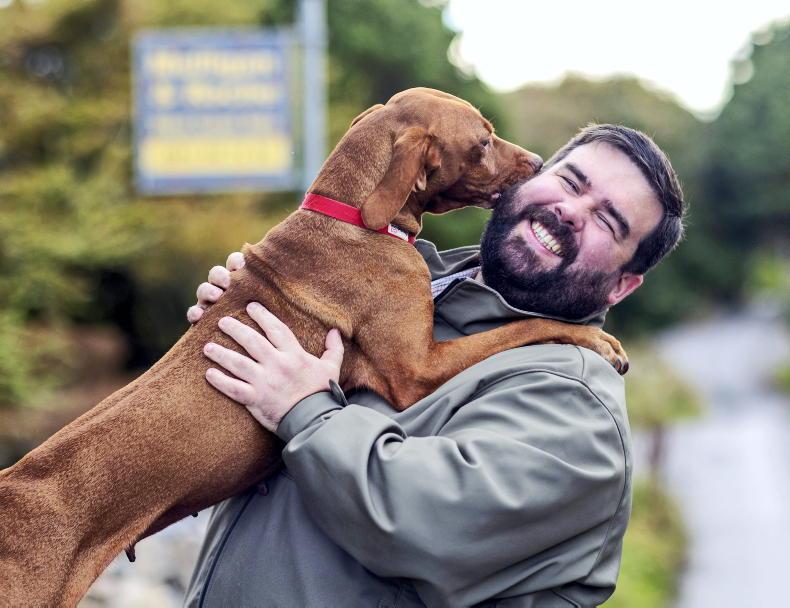
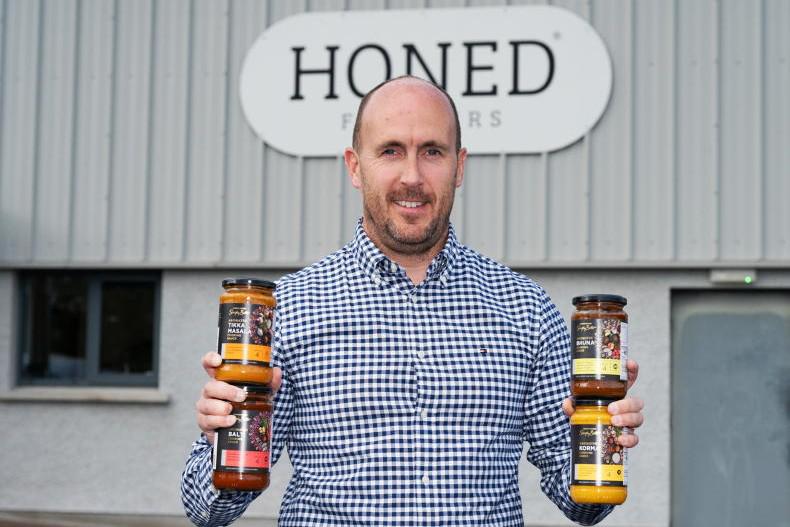
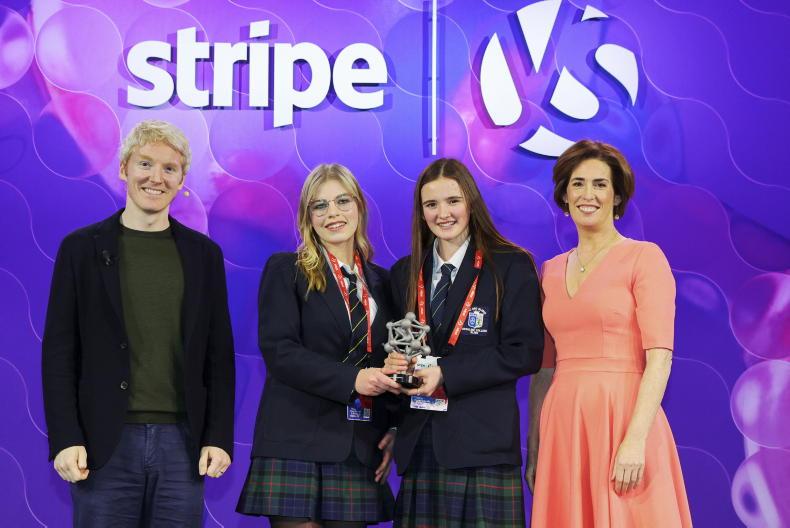
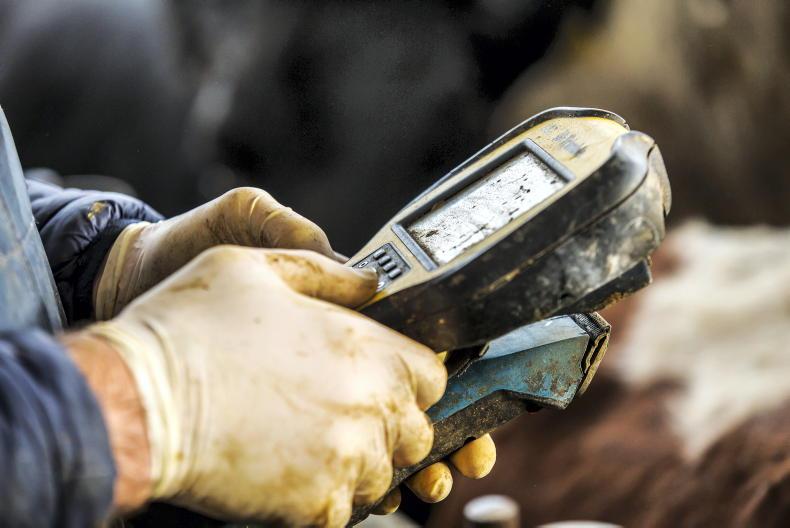
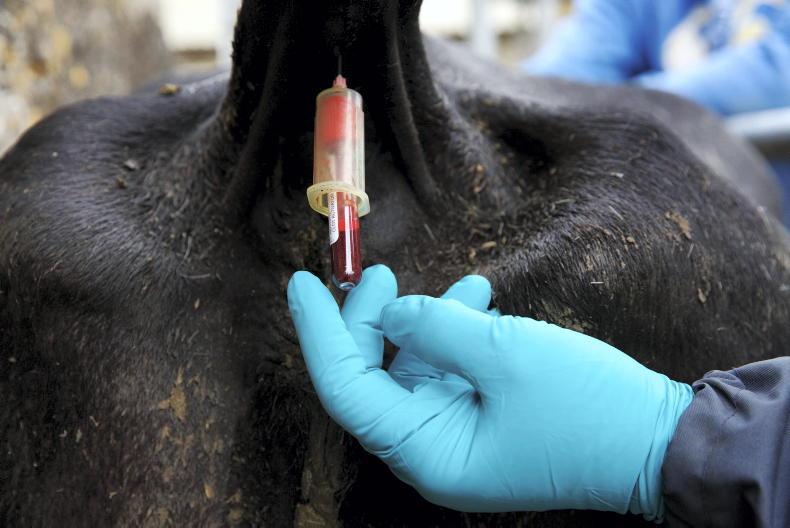
SHARING OPTIONS